The food we eat impacts our cells, tissues, and hormones. Ultimately, our entire bodies become the result of what we eat. Nutrient-dense foods contain information from vitamins, minerals, carbohydrates, fats, protein, and fiber transmitted throughout our bodies to keep us healthy.
Hormonal imbalances affect women in different ways and the types of symptoms that they experience range from mild to extreme. Some women manage their symptoms using diet and lifestyle, while others may opt for conventional treatments, including medications. Hormones are chemical messengers. There are 100s of hormones (e.g., thyroid, estrogen, adrenaline, insulin, and cortisol) in our body that are essential to keeping it functioning optimally. Research shows that diet and lifestyle can influence how hormonal changes impact your health. Some foods that improve hormonal balance and overall health include:
Seed Cycling
Seed cycling is a natural way to regulate estrogen levels by eliminating excess estrogen and stimulating estrogen production when you do not have enough. Add specific seeds (e.g., pumpkin, flax, sunflower, and sesame) into your diet at two different phases during your menstrual cycle to maintain hormonal balance.
In the first phase, the seeds promote estrogen detoxification. In the second phase, they increase progesterone production. Healthy Fats
Healthy fats are necessary to create and balance hormones, reduce inflammation, boost metabolism, promote weight loss, and reduce weight gain. Some great sources include:
Coconut oil/milk/cream contains natural anti-bacterial and fat-burning effects.
Avocados help to reduce inflammation and suppress appetite.
Wild-caught salmon is a good source of omega-3 fatty acids, which helps reduce inflammation and improve cognitive functions.
Fruits and Vegetables contain nutrients that protect our cells and promote health and hormonal balance. Eat organic where possible because conventional produce is often grown using chemicals that can disrupt hormonal balance.
The Environmental Working Group (EWG) lists The Dirty Dozen (foods you should only eat if organic) and The Clean Fifteen (can be eaten in conventional form.) Some options include: Berries (e.g., goji berries, blueberries, strawberries) have a low glycemic index, which improves your blood sugar and insulin response. Leafy greens are rich in antioxidants, anti-inflammatory components, and other minerals which help the body synthesize hormones. Broccoli Sprouts are rich in a substance called Indole-3-Carbinol, which helps break down estrogen in the body.
Plant Fiber helps to improve digestion and lower the risk for certain diseases. Some options include :
Nuts Brazilian nuts are rich in selenium and can help decrease thyroid antibodies and boost your hormone production (2-3 daily is enough). Almonds help reduce the production of testosterone to create balance.
Plant-based protein (e.g., beans, lentils) is beneficial to the endocrine system, reduces the “hunger hormone” ghrelin, and stimulates hormones that make you feel full.
You can create hormonal balance and optimal health by eating these nutrient-dense foods.

Deon Hall-Garriques is a Certified Public Accountant (CPA), Holistic Health Coach from the Institute of Integrated Nutrition and co-author of the best-selling book, “Building Beyond the 9 to 5”. She is the founder & CEO of Deon’s Wellness Wagon, where she coaches and educates women on health and nutrition. She is an expert in women’s health, and creator of the Five-Step Hormone Rebalance Program. Deon has been featured in VoyageLA magazine and has been dubbed the “Healthspirationist” and “Menopause mama” because of her success in helping perimenopausal and menopausal women transition naturally.


